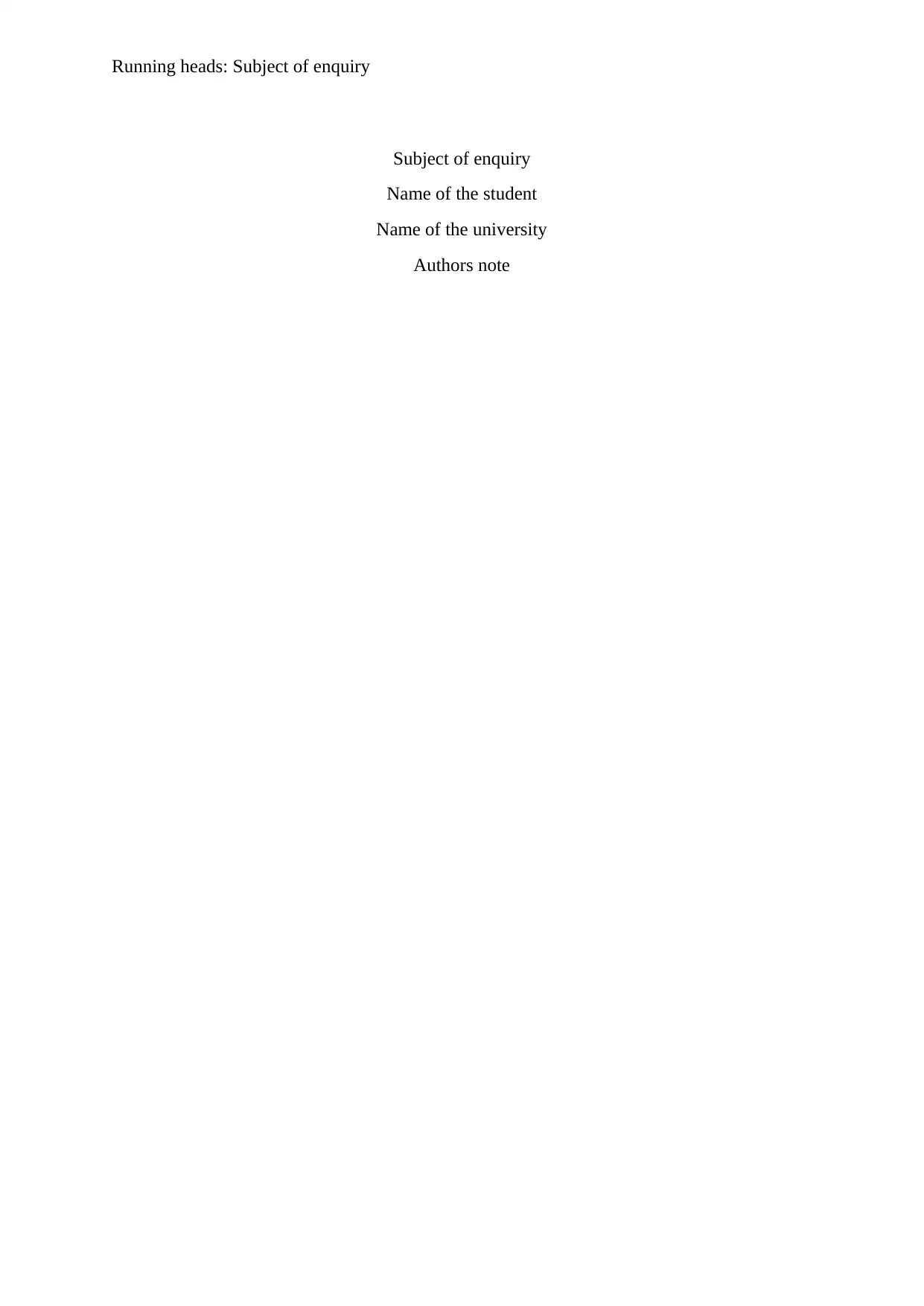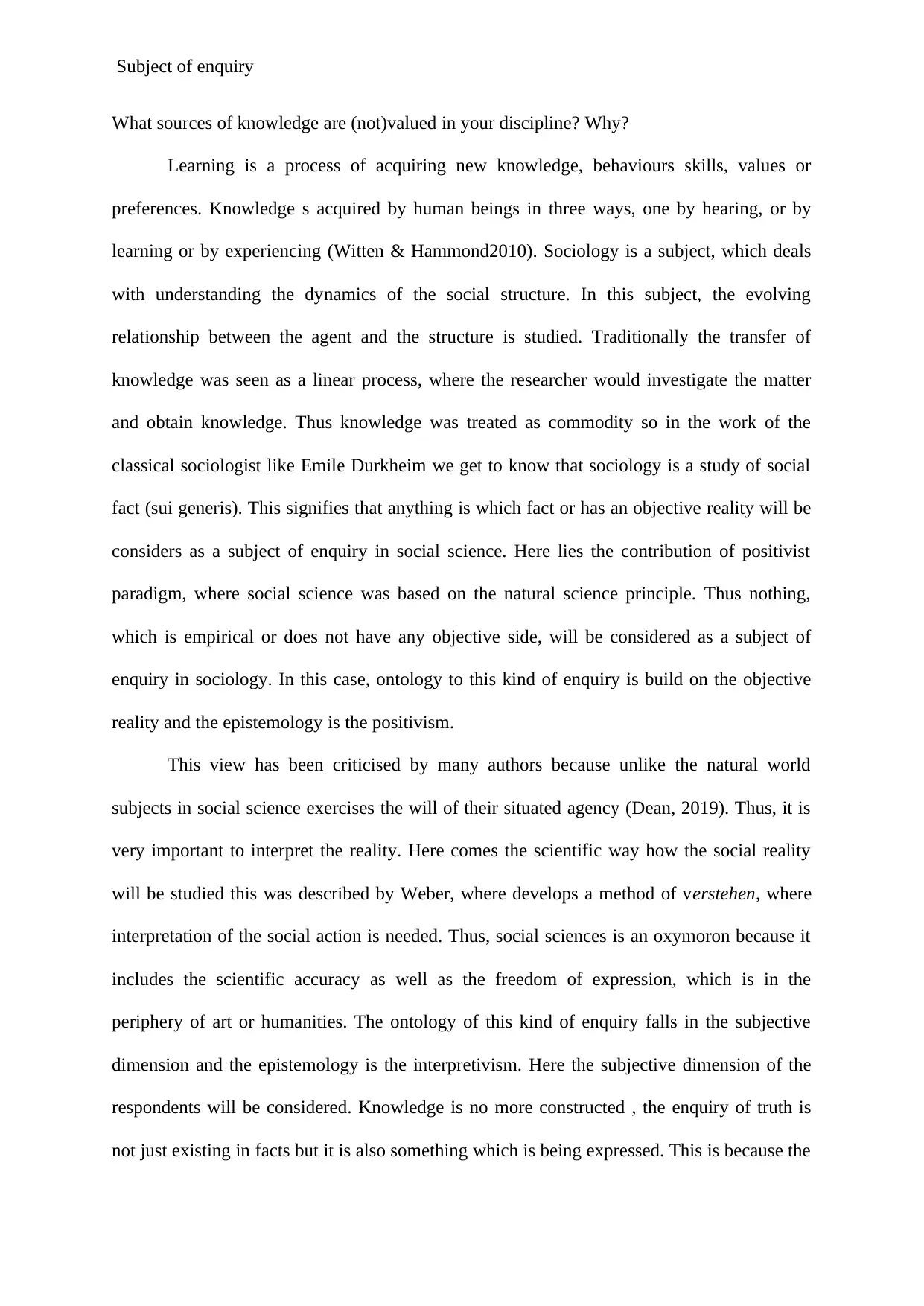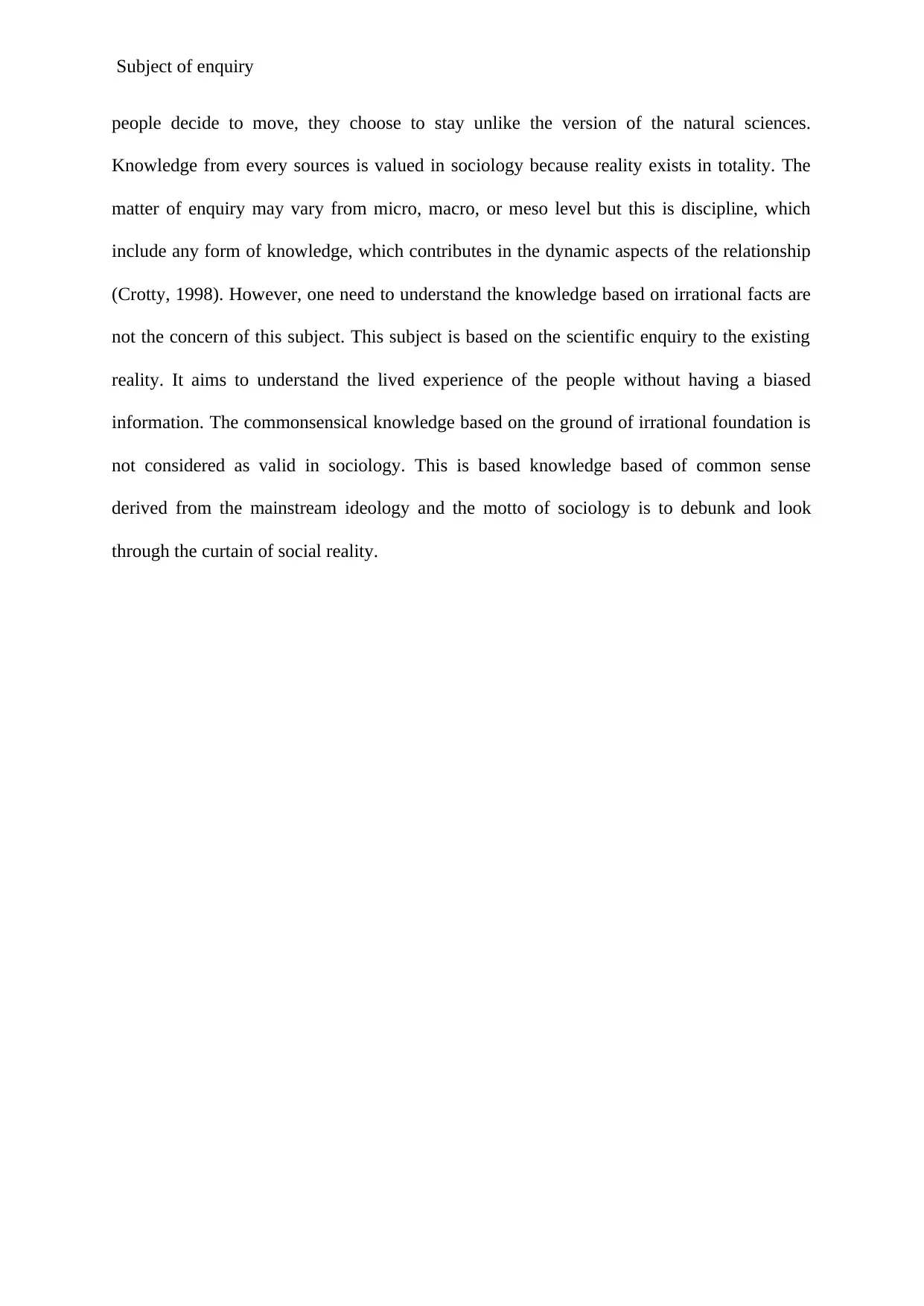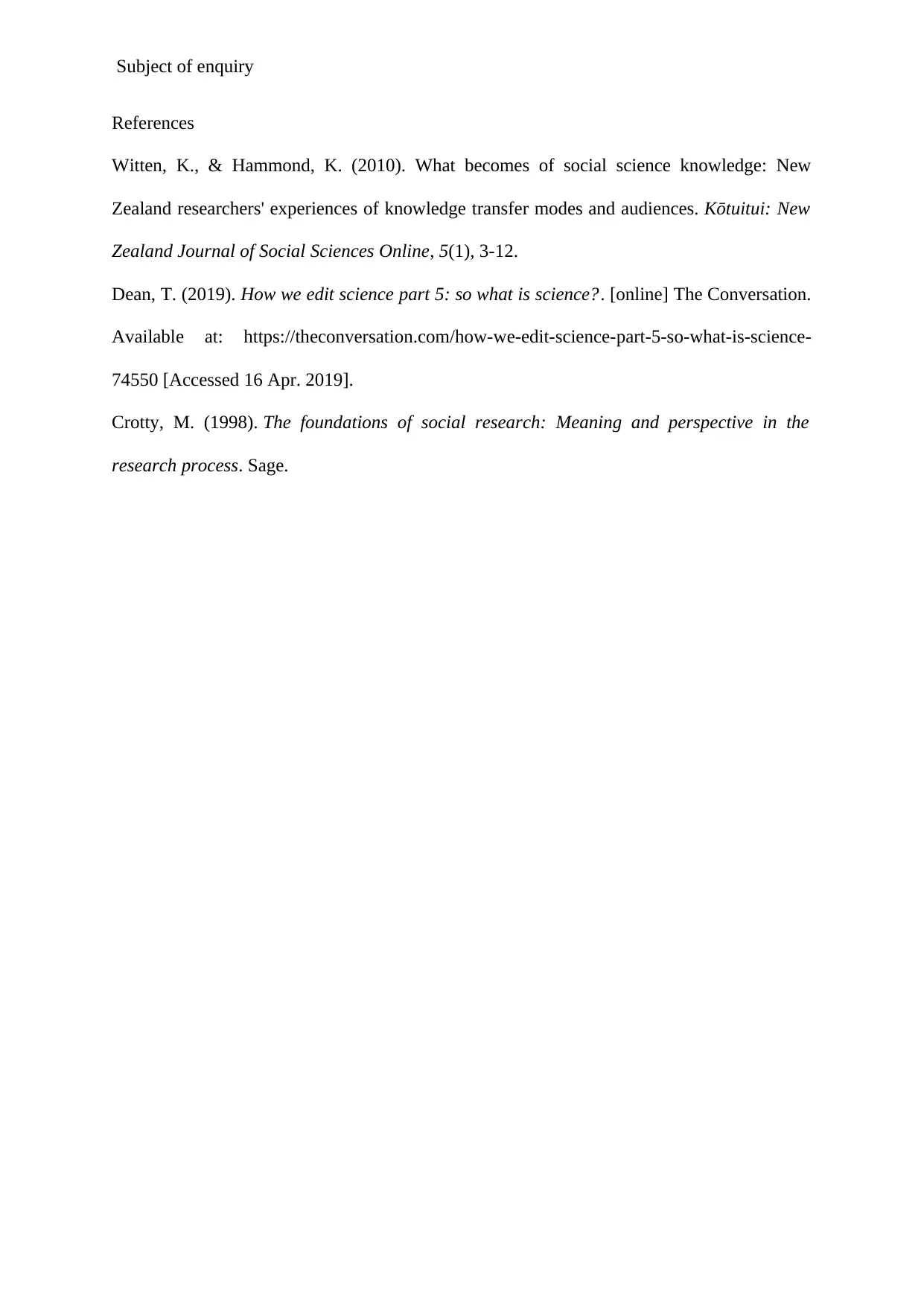University Sociology Essay: Sources of Knowledge and Their Valuation
VerifiedAdded on 2023/01/20
|4
|713
|85
Essay
AI Summary
This essay delves into the core of sociological inquiry, examining the sources of knowledge that are valued within the discipline. It begins by defining knowledge acquisition and highlighting the unique focus of sociology on understanding social structures and the interplay between agents and structures. The essay contrasts traditional, positivist approaches, which emphasize objective reality and empirical evidence, with interpretivist perspectives that prioritize subjective interpretations and the understanding of lived experiences. It argues that sociology values knowledge from diverse sources, including micro, macro, and meso levels, while also emphasizing the importance of scientific inquiry and the debunking of common-sense knowledge. References to key sociological thinkers like Durkheim and Weber, and their contributions to the debate on the nature of social inquiry are present.
1 out of 4











![[object Object]](/_next/static/media/star-bottom.7253800d.svg)